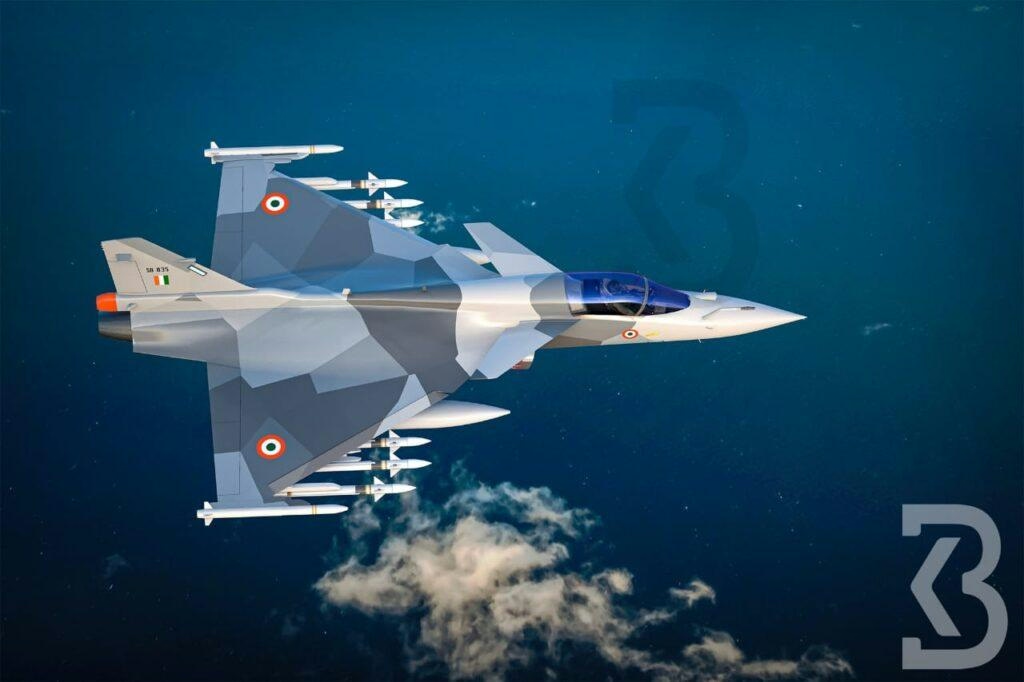AeroGenie — Your Intelligent Copilot.
Trending
Categories
India Signs $1 Billion Deal with Leading Jet Engine Manufacturer

India Secures $1 Billion Jet Engine Contract to Enhance Tejas Fighter Fleet
BENGALURU — India has formalized a significant $1 billion agreement with American aerospace leader General Electric (GE) to procure 113 F404 jet engines for its indigenous Tejas Mark-1A fighter aircraft. This deal represents a crucial advancement in strengthening the Indian Air Force’s (IAF) operational capabilities and aligns with the country’s broader ambition to achieve defense self-reliance.
Details of the Agreement and Production Plans
Under the terms of the contract, GE will supply the F404 engines to Hindustan Aeronautics Limited (HAL), the state-owned aerospace manufacturer responsible for assembling the Tejas jets. Deliveries are scheduled to take place between 2027 and 2032, supplementing a prior 2021 order for 99 engines. This ensures a continuous supply chain to support the accelerated production and induction of the Tejas Mark-1A fleet.
HAL plans to ramp up production, initially delivering engines in batches starting with ten units to meet the IAF’s operational timelines. The annual output of Tejas jets is expected to increase from 20 to approximately 30 units as a third production line in Nashik becomes fully operational. This expansion aims to mitigate previous delays caused by engine shortages and to enhance the IAF’s readiness amid evolving regional security dynamics.
Currently, HAL has completed 11 Tejas Mark-1A aircraft, four of which are already fitted with the new GE-F404 engines. The remaining jets are at various stages of assembly and testing at HAL’s Bengaluru facility. Certification trials for the initial batch are underway, with the first ten aircraft scheduled for delivery to the IAF by March of the coming year.
Upgrades and Strategic Implications
In addition to the engine procurement, HAL is integrating advanced weaponry and avionics into the Tejas Mark-1A. These include the Astra beyond-visual-range missile, ASRAAM short-range missile, and the Elta ELM-2052 multi-mode radar system. These enhancements are designed to improve the aircraft’s combat effectiveness and situational awareness, ensuring the platform meets contemporary air combat requirements.
The acquisition of 113 GE-F404 engines is a strategic effort to address the IAF’s current capability shortfall. With only 29 operational fighter squadrons—significantly below the sanctioned strength of 42.5—the induction of over 180 upgraded Tejas Mark-1A jets is vital for reinforcing India’s deterrence posture. This is particularly important as neighboring countries China and Pakistan continue to modernize their air forces.
Challenges and Market Response
Despite the positive outlook, the deal presents several challenges. India will need to invest heavily in infrastructure and technology transfer to fully capitalize on the agreement. Potential production delays due to integration complexities remain a concern. Furthermore, competition from established global aerospace firms such as Boeing and Airbus could intensify, as these companies may seek to strengthen their foothold in the Indian defense market through new partnerships or contracts.
Market reactions to the announcement have been favorable. HAL’s stock price has risen, reflecting investor confidence in the deal’s potential. This optimism is further supported by India’s broader $7.4 billion plan to invest in fighter jet engines over the next decade. The long-term strategy underscores India’s commitment to developing a self-reliant defense manufacturing ecosystem and may have significant implications for the global aerospace industry.

Emirates Unveils Cabin Design for New Boeing 777X

Eighteen Years On, the Airbus A380 Remains Central to a $34 Billion Airline

How a boom in luxury airline seats is slowing down jet deliveries

Navitaire Outage Attributed to Planned Maintenance

DigiYatra Debuts Outside Aviation at India AI Impact Summit

Vietnam Orders Strengthen Boeing’s Commercial Outlook

Airbus Signals Uncertainty Over Future A400M Orders

JobsOhio Awards $2 Million Grant to Hartzell Propeller for Innovation Center

Collins Aerospace Tests Sidekick Autonomy Software on YFQ-42A for U.S. Air Force CCA Program

How the Airbus A350-1000 Compares to the Boeing 777
